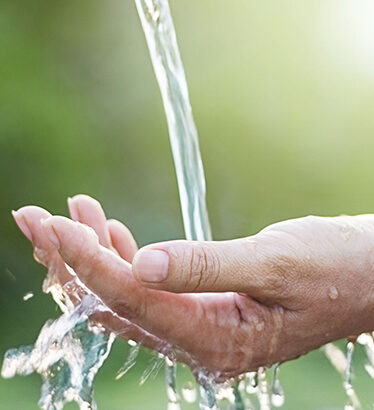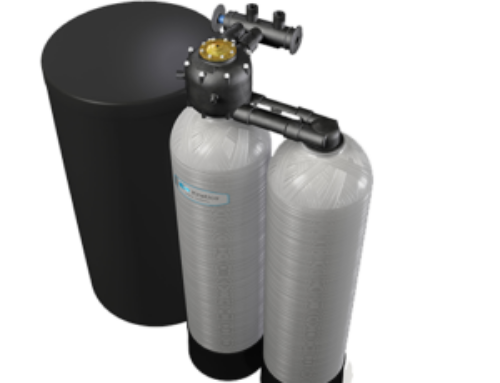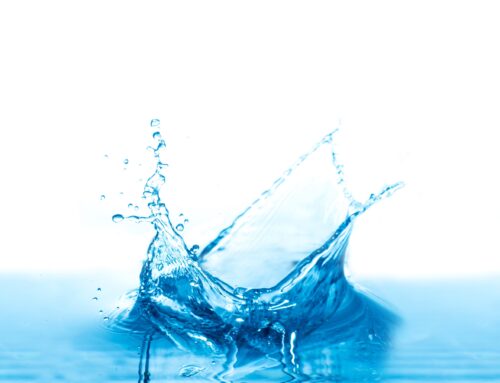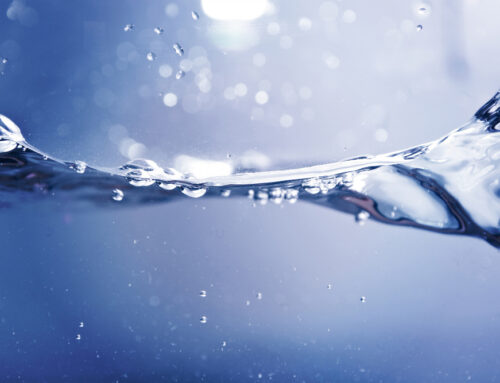Hard water is a prevalent issue in many households, causing various problems that range from scale buildup in appliances to dry skin and dull hair. To combat these issues, many homeowners turn to water softeners. However, there are several misconceptions surrounding water softeners that need to be addressed. Let’s debunk common myths about water softeners and shed light on their effectiveness in resolving hard water problems.
Myth 1: Water Softeners Remove Essential Minerals
One of the most widespread myths about water softeners is that they strip water of essential minerals, making it less healthy for consumption. In reality, water softeners primarily target minerals like calcium and magnesium, which are responsible for water hardness. These minerals can contribute to scale buildup in pipes and appliances, leading to decreased efficiency and increased energy consumption.
While it’s true that water softeners replace calcium and magnesium ions with sodium or potassium ions, the amount added is minimal and not a significant source of these essential minerals in your diet. In fact, the mineral content in water is not a significant source of daily mineral intake for most people. If you have concerns about sodium intake, consider potassium chloride as an alternative in your water softener.
Myth 2: Water Softeners Make Water Taste Salty
Some people believe that water softeners make the water taste salty due to the sodium or potassium ions added during the softening process. However, the amount of sodium or potassium introduced is generally not enough to impart a noticeable salty taste to the water. In most cases, people cannot distinguish any difference in taste after installing a water softener.
If you are concerned about the taste of your water, consider using potassium chloride instead of sodium chloride in your water softener. Potassium chloride is a viable alternative that does not add sodium to the water, making it a suitable choice for those looking to minimize their sodium intake.
Myth 3: Water Softeners are Expensive and Complicated
While the initial cost of purchasing and installing a water softener might seem significant, it is essential to consider the long-term benefits and cost savings. Water softeners help prevent scale buildup in pipes, appliances, and fixtures, reducing the need for repairs and extending the lifespan of your water-using appliances.
Modern water softeners are designed to be user-friendly, with automatic regeneration cycles that require minimal maintenance. Once installed, these systems operate efficiently without constant attention. Additionally, the cost of salt or potassium for regeneration is relatively low, making the overall cost of softening water more reasonable over time.
Myth 4: Water Softeners Waste Water
Some individuals believe that water softeners are wasteful because they require water for regeneration. While it’s true that regeneration involves flushing the system with water and a brine solution, the amount of water used is relatively small compared to the water savings achieved by preventing scale buildup.
Moreover, many contemporary water softeners are designed with water-saving features, such as on-demand regeneration, which tailors the regeneration process based on actual water usage. This ensures that the system regenerates only when necessary, minimizing water consumption and increasing overall efficiency.
Myth 5: Water Softeners are Unnecessary for Well Water
Another misconception is that well water is naturally soft, eliminating the need for a water softener. In reality, well water can be just as prone to hardness as municipal water sources. Well water often contains high levels of minerals, including calcium and magnesium, leading to the same issues of scale buildup and decreased efficiency in appliances.
Testing the hardness of your well water is crucial to determine whether a water softener is needed. If the water hardness is high, installing a water softener can help mitigate the potential problems associated with hard water, ensuring the longevity and efficiency of your plumbing and appliances.
Myth 6: Water Softeners are Harmful to the Environment
Some individuals express concern about the environmental impact of water softeners, particularly regarding the discharge of brine into wastewater. While it’s true that water softeners release brine during the regeneration process, the concentration of salts in the discharged water is typically within acceptable limits for wastewater treatment facilities.
To minimize environmental impact, consider using high-efficiency water softeners that regenerate based on actual water usage, reducing the frequency of regeneration and the amount of brine discharged. Some water softeners now feature environmentally friendly alternatives, such as systems that use citric acid instead of salt for regeneration.
Water softeners play a crucial role in addressing the problems associated with hard water. By dispelling common myths surrounding these systems, homeowners can make informed decisions about whether a water softener is necessary for their specific needs. Say goodbye to worries about losing essential minerals – AON Water softeners target the troublemakers like calcium and magnesium, leaving your water healthy for consumption.
So, when it comes to water softeners in Birmingham, AL, choose AON Water for a smart, efficient, and eco-friendly solution. The key lies in understanding the functioning of water softeners, their impact on water quality, and the long-term benefits they provide in terms of appliance longevity, energy efficiency, and overall household comfort.






